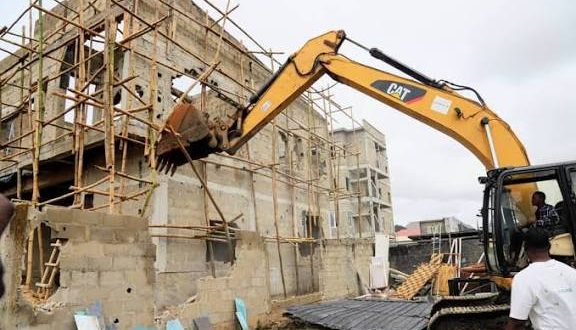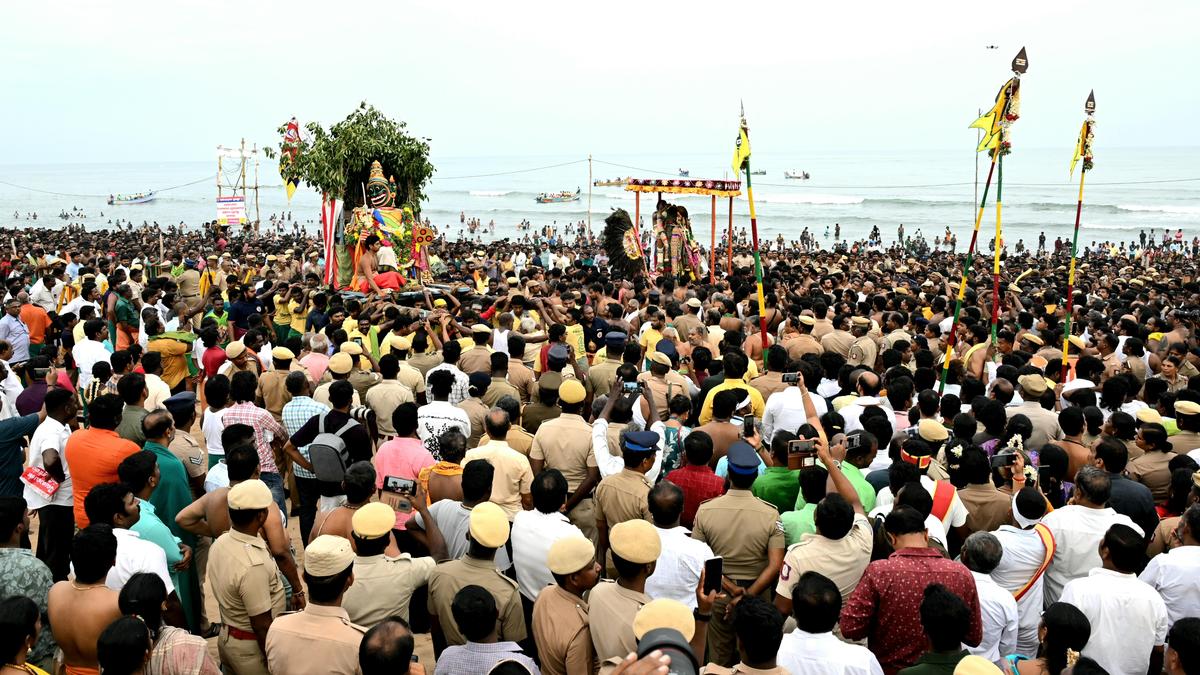Copyright younewsng

By Azuh Arinze Across Lagos State, the growing wave of demolitions has sparked outrage, fear, and despair among residents. From Alaba and Ajao Estate to Abule Ado, Lekki, and most recently Oworonshoki, the scenes are the same – bulldozers reducing homes and businesses to rubble while stunned owners look on helplessly. The Lagos State Government, under Governor Babajide Sanwo-Olu, has maintained that the exercise is part of its efforts to restore order, reclaim encroached waterways, and ensure environmental safety. Officials insist that many of the demolished properties either contravened building regulations or were illegally erected on drainage channels and road setbacks. However, as the demolitions continue, questions are being raised about the process, timing, and human impact of the operations. Many affected residents claim they were not given adequate notice, while others insist they possessed valid documents issued by relevant government agencies. At Oworonshoki, several houses were recently brought down in what authorities described as an effort to clear structures obstructing coastal development and drainage paths. But the exercise, like others before it, has left hundreds displaced and uncertain about their next steps. “We are not against government development,” said a resident, “but we deserve to be treated with dignity. Many of us bought our land legally.” They claimed. In Alaba International Market, traders lamented that the demolitions had crippled their businesses, with goods worth millions of naira lost. In Abule Ado and Ajao Estate, property owners described their experience as “a nightmare and horrible,” accusing the government of insensitivity to the current economic hardship. While urban renewal and environmental enforcement are essential for a city as densely populated as Lagos, critics say the government must balance development goals with compassion. Analysts and civil society groups have urged the state to explore more humane and transparent approaches to enforcement – including adequate compensation, relocation plans, and proper stakeholder engagement. Development experts also warn that uncoordinated demolitions could worsen the housing deficit in Lagos, already estimated at over three million units. “Lagos can be cleaner and better organized without inflicting unnecessary hardship on its citizens,” said a town planner who requested anonymity. Governor Sanwo-Olu, in previous statements, emphasized his administration’s commitment to maintaining law and order and ensuring that Lagos remains safe and livable. Yet, as public criticism grows, many are calling on him to review the current approach, prioritizing dialogue and fairness over demolition and displacement. Ultimately, Lagos must remain a city for its people – not one where progress comes at the expense of human lives and livelihoods. The goal of governance should not only be to build a modern metropolis but also to protect the very people who make it thrive. Finally, why do government officials always look the other way while these houses are being built only to turn around and callously demolish them? Azuh Arinze is the Publisher/Editor-in-Chief of YES INTERNATIONAL! Magazine and author of important books like The CEO’s Bible 1 and 2, Success Is Not Served A La Carte, Anything and Everything Journalism, Conversations With Showbiz Stars, Encounters: Lessons From My Journalism Career, My Story of Many Colours, etc



